目次~Table of Contents
Location and History
Ito Clan from eastern Japan builds Castle
Miyazaki Prefecture is located in the eastern part of the Kyushu Region, which is known for its agriculture. Because of its long from the north to the south and its face is the direction of sunrise, therefore, it’s suitable for farming. Almost all the area of the prefecture was called Hyuga Province, which means the province facing the sun. It is easy to see the province had been fertile since the Ancient Times. There has actually been the popular Saitobaru Burial Mounds which were built between the 4th and 7th Centuries in the central part of the prefecture. The province also had the legend of the first Emperor Jinmu coming from there, going to the east, in order to establish Yamato Imperial Court.
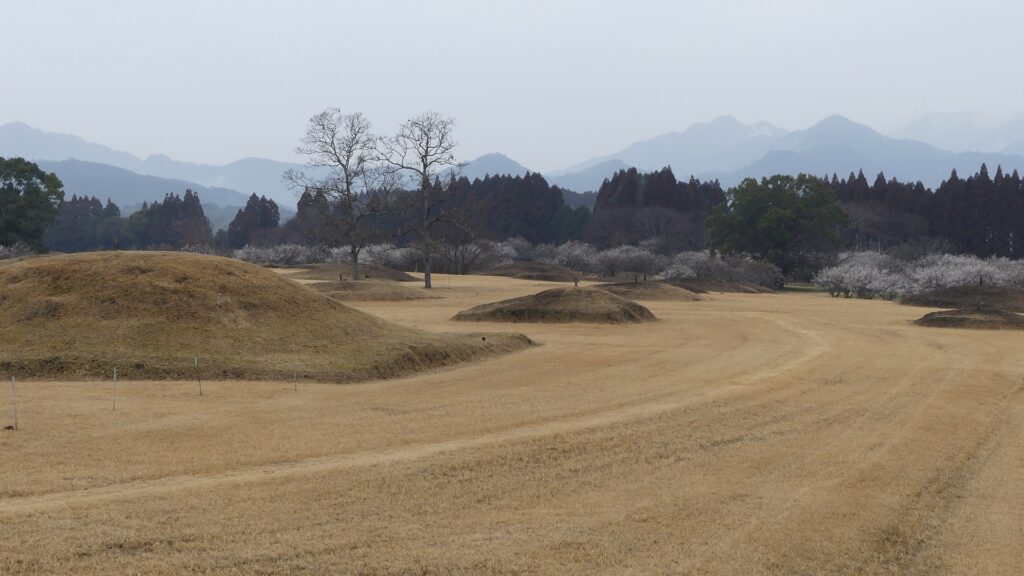
Sadowara Castle was the one which once became the center of Hyuga Province and the home base of the Ito Clan. The clan originated from the Kudo Clan and called themselves a land name of Ito when they settled in Ito, the eastern part of Izu Peninsula, eastern Japan in the 12th Century. Since the Kamakura Shogunate was established at the end of the century, some of the warriors were sent by the shogunate to local areas to govern them. A branch of the Ito Clan, which was sent to Hyuga Province, was one of them. The Tajima-Ito Clan, which was named after the settlement, was said to have first built the castle in the 14th Century.
The range of Izu Peninsula (inside the blue line) and the location of Sadowara CastleTop of Ito 48 Castles
Meanwhile, another person from the core family of the Ito Clan was also sent by the Ashikaga Shogunate to Hyuga Province in the same century to govern the area during the Northern and Southern Courts period. Both Ito Clans were eventually unified and became a strong warlord based in Sadowara Castle. During the Sengoku Period between the 15th and 16th Centuries, the clan often fought against the Shimazu Clan from the south over Hyuga Province. The lord of the clan at that time, Yoshisuke Ito was so aggressive that he was able to capture Obi Castle, a major one in the southern Hyuga Province in 1569. He was just at his peak, having owned 48 castles in the province, in which Sadowara Castle was at the top. Its castle town prospered like the provincial capital and it was called Little Kyoto in Kyushu.
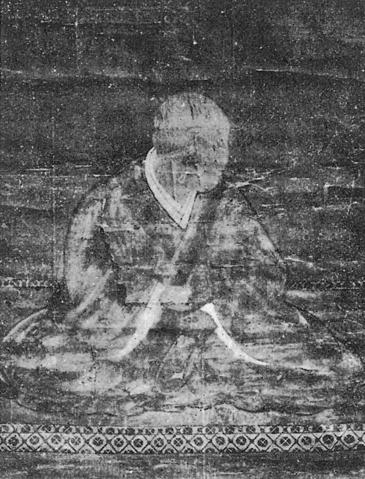
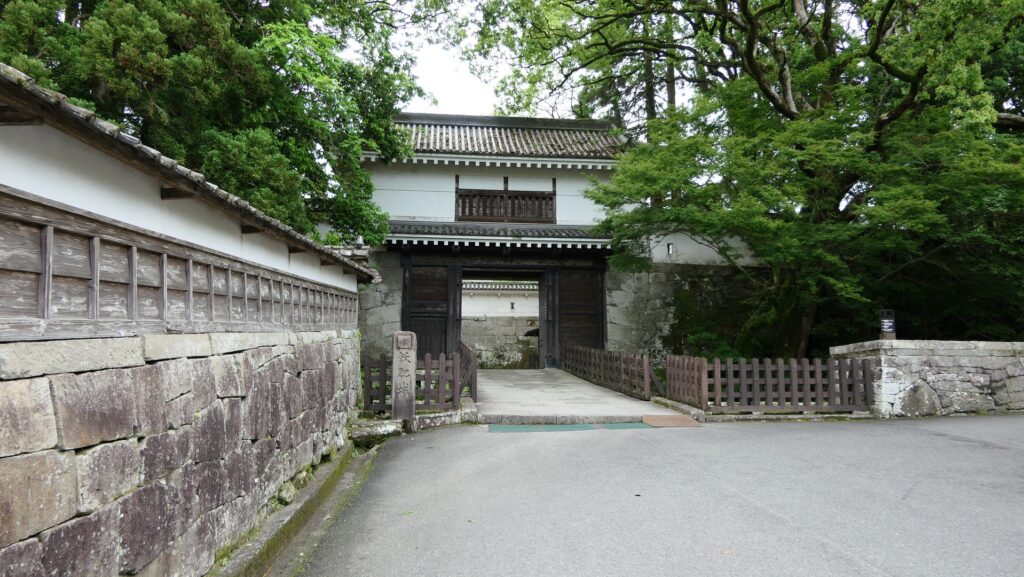
Sadowara Castle is basically considered one of the Southern Kyushu type castles which were built on the Shirasu Plateau looking like a mountain or a hill in the area. The plateau has been made from volcanic ash caused by ancient eruptions. Its soil is fragile and can easily collapse to form cliffs. Warriors in the area often used this nature to build their castles because it was easy for them to process natural terrain for strong defensive systems. For example, they built deep dry moats, high walls under enclosures, and narrow defensive gates by cutting the soil. Some popular examples of them were Chiran, Obi and Sadowara Castles.
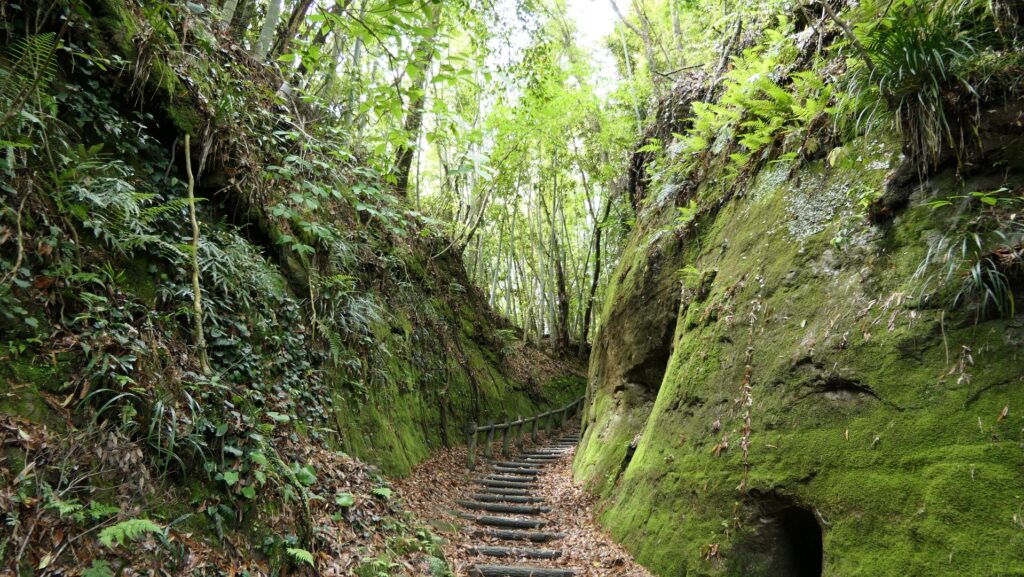
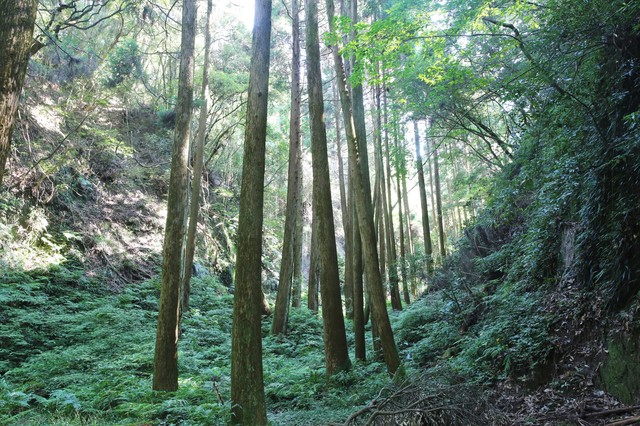
Castle is captured by Shimazu Clan due to Collapse of Ito
Yoshisuke Ito’s glory didn’t last long, however. He was losing the Ito 48 Castles one by one, triggered by the lost of the Battle of Kizakihara against the Shimazu Clan in 1573. The Shimazu’s force and the Ito’s deterioration also made his retainers alienate him more and more. He wondered if he could be besieged in Sadowara Castle, but the situation didn’t allow him to do so, but he was forced to leave the castle. He escaped from Hyuga Province with his family and few vassals to Bungo Province in the north, where his ally, Sorin Otomo governed. This was called the Collapse of Ito. They had finally lost all that they had and eventually became wanderers. Yoshisuke died while drifting in 1585 before his son, Suketake returned to Obi Castle in Hyuga Province in 1588 by serving his new master, the ruler, Hideyoshi Toyotomi.
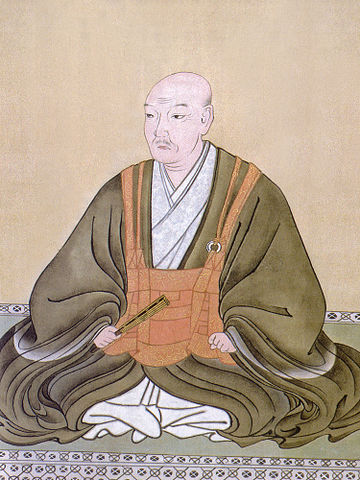
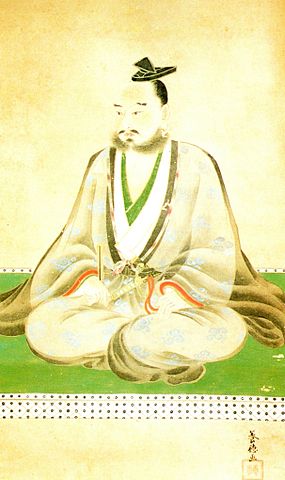
Sadowara Castle was eventually owned by the Shimazu Clan. The clan might have improved the castle by building the Main Tower on the top, but It has not been confirmed yet. The Main Tower is said to be the one which was located in the southernmost place in Japan. After the lord of the castle, Toyohisa Shimazu was killed in the battle of Sekigahara in 1600, the castle was followed by the Tokugawa Shogunate and Mochihisa Shimazu whose successors governed it until the end of the Edo Period as the Sadowara Domain. Mochihisa’s son, Tadaoki abandoned the castle on the mountain and moved it to the foot where the Main Hall was built. This was because maintaining the castle on the Shirasu Plateau was too difficult and the hall on the plain land was convenient for the government during the peaceful Edo Period.
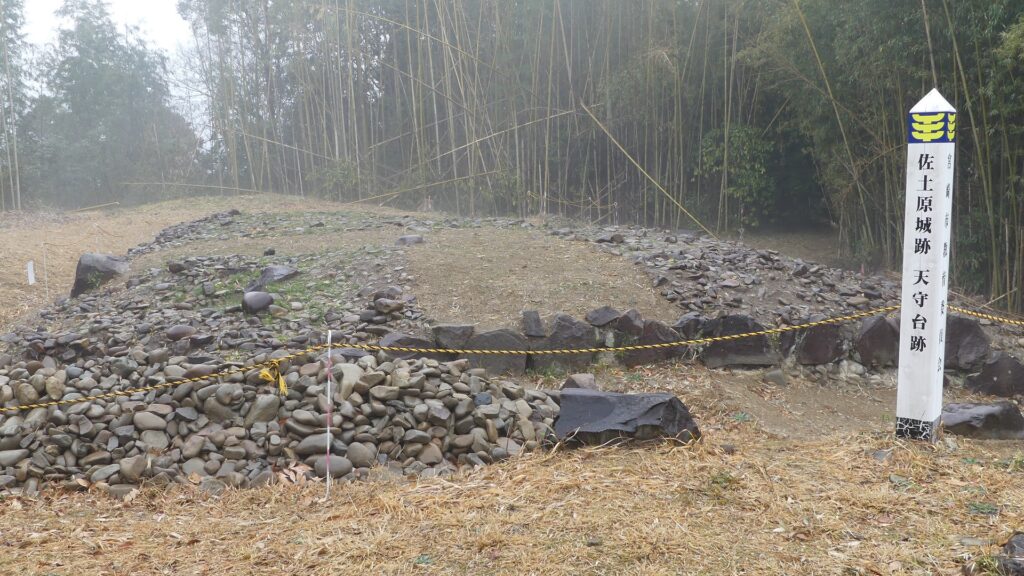
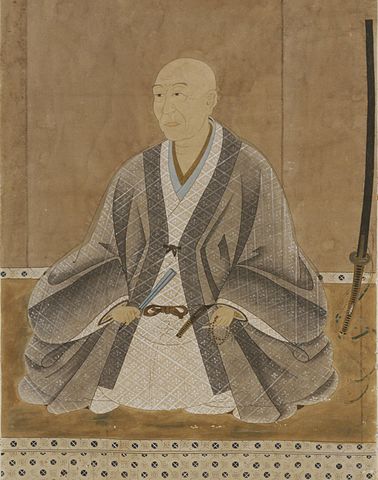
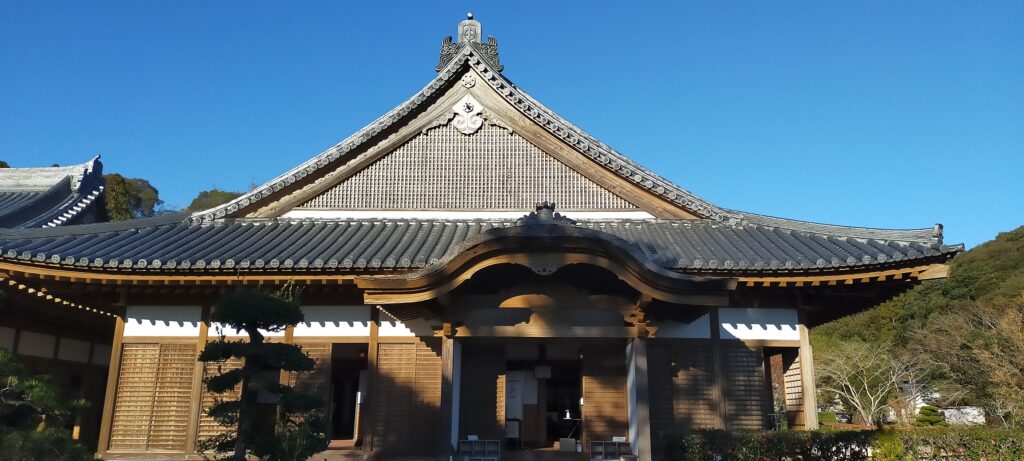
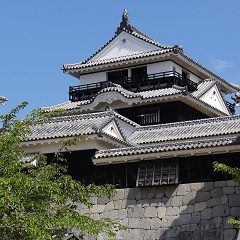
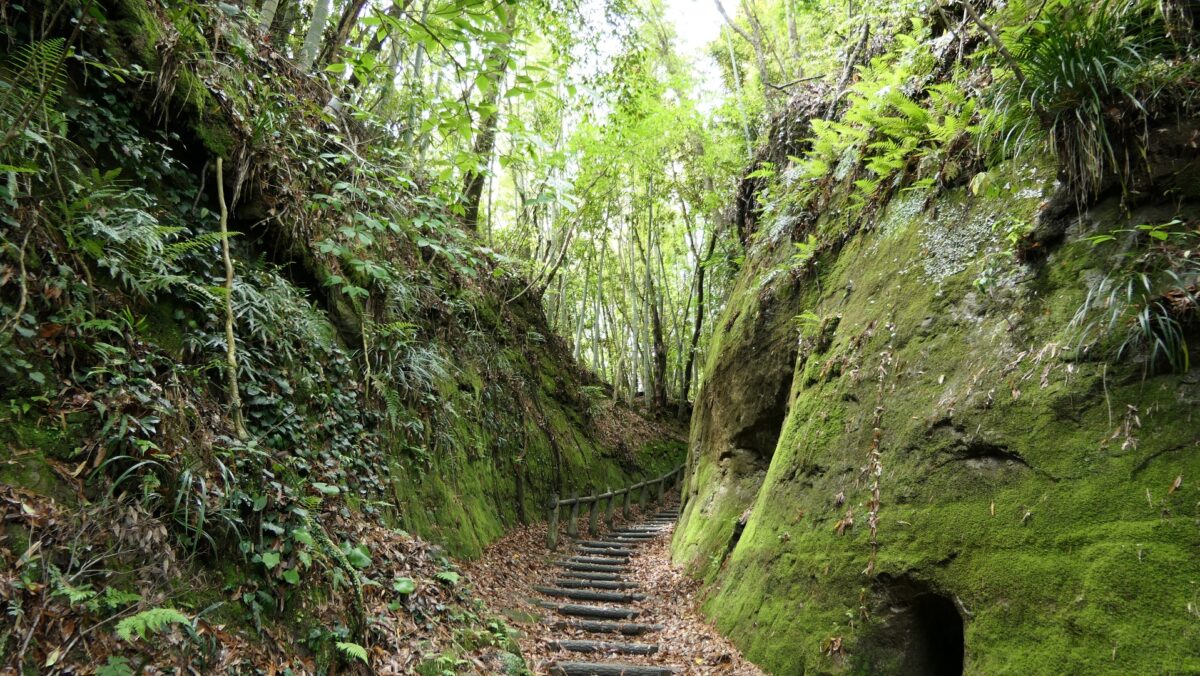
「196.Sadowara Castle Part1」への6件のフィードバック